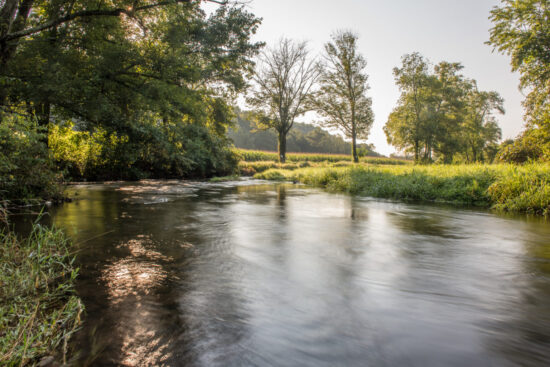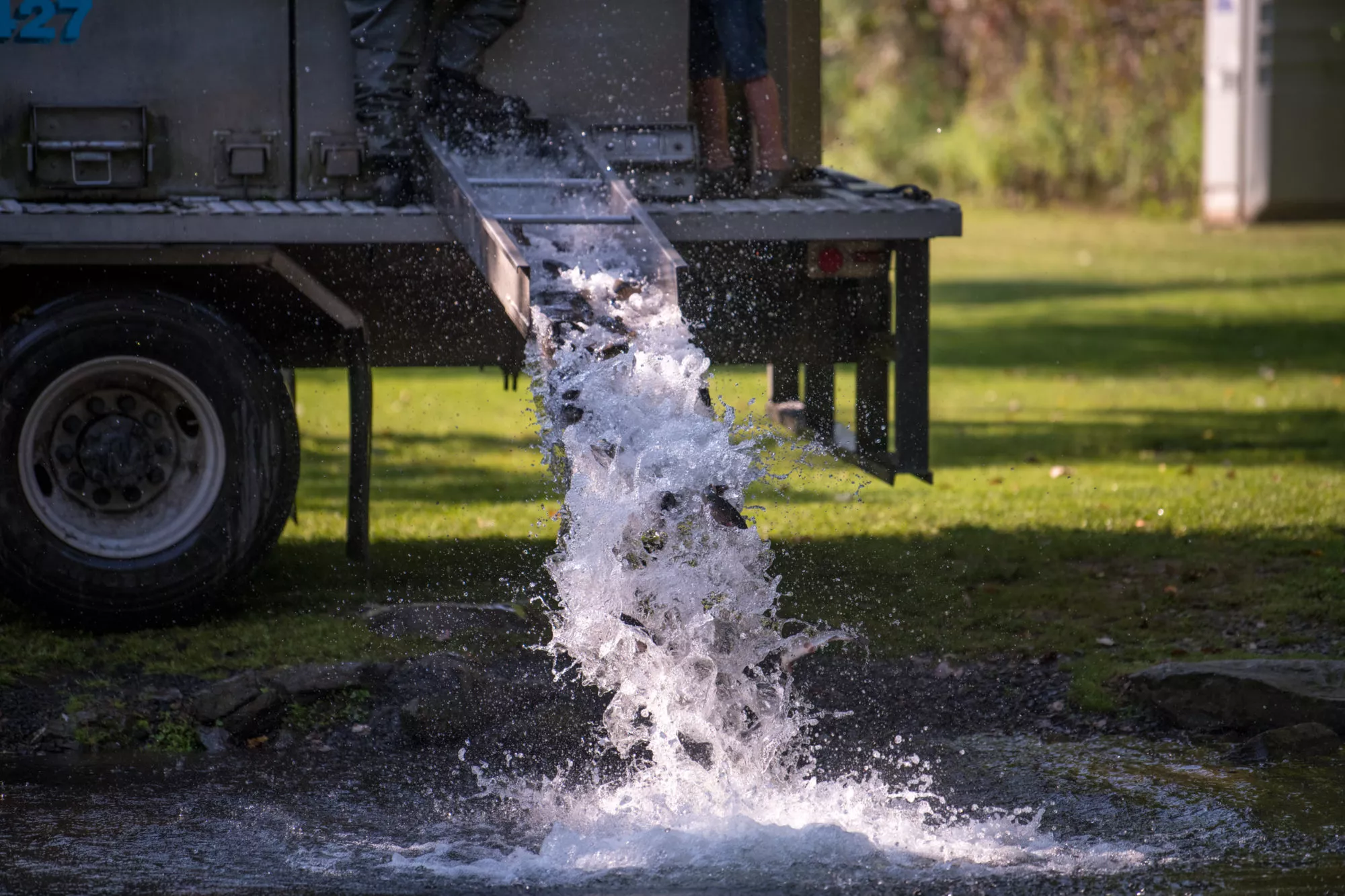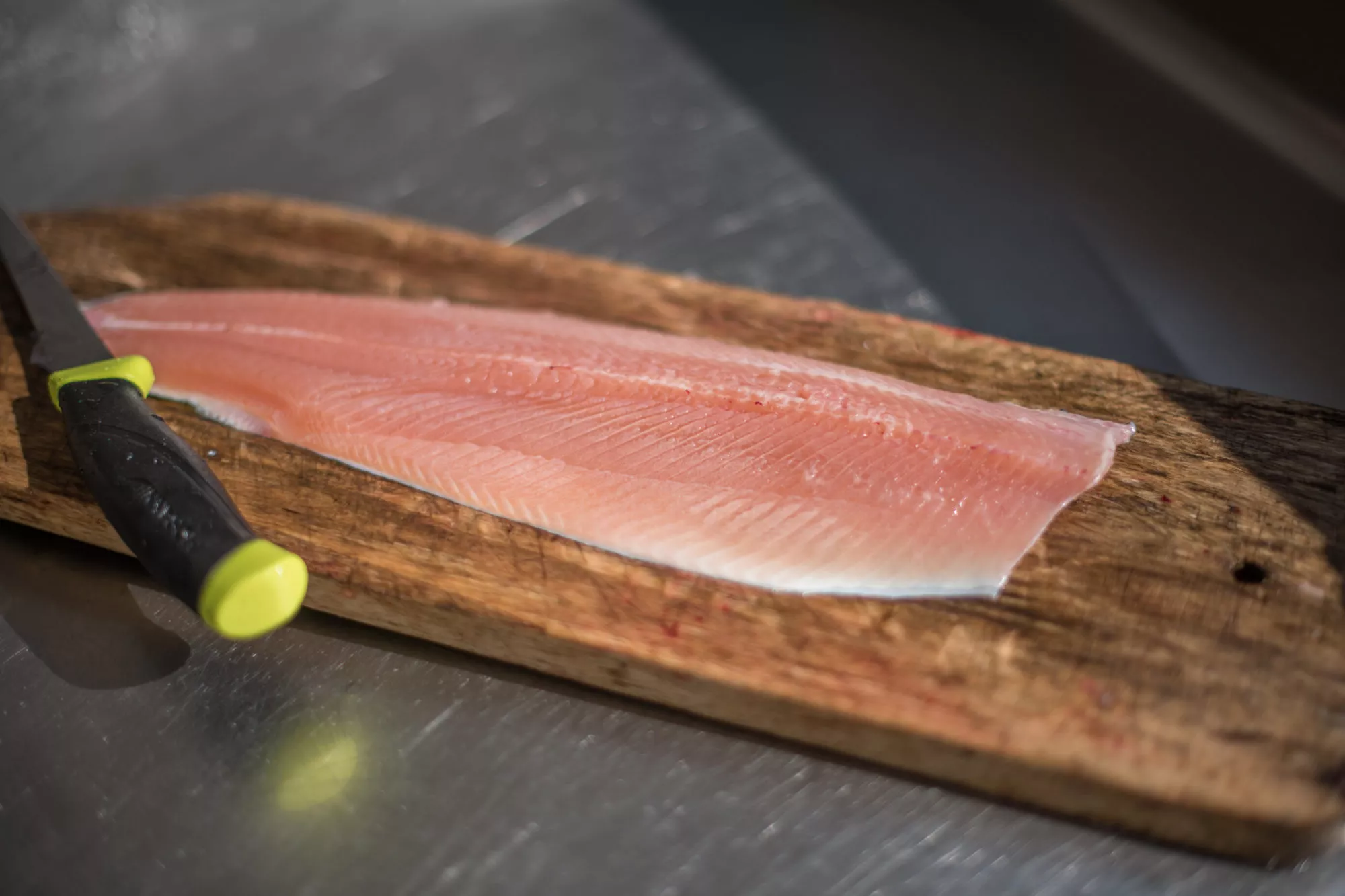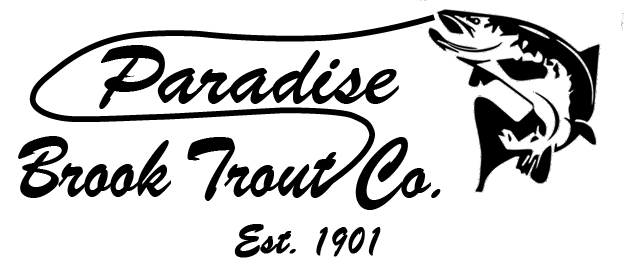Trout: Healthy & Sustainable
A fun and healthy activity that helps save the planet!
Catching and eating trout has many advantages over buying fish from the grocery store.
Firstly, catching your own trout ensures that the fish is fresh and free from preservatives and chemicals. This means that you can consume a pure and natural source of protein, omega-3 fatty acids, and essential minerals.
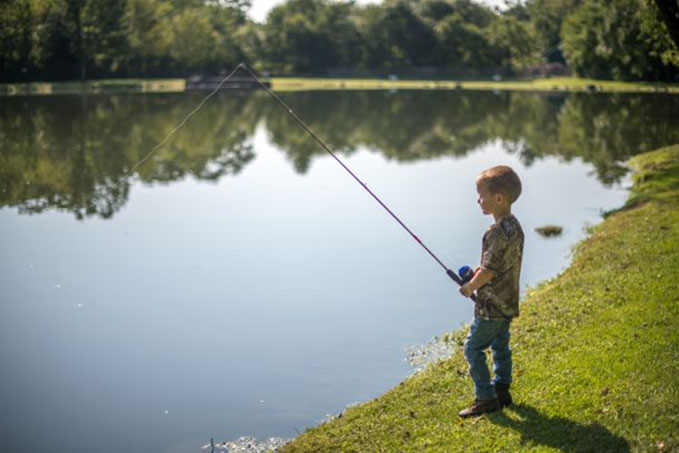
Trout: Healthy & Sustainable
A Nutritious Alternative to Salmon
The health benefits from eating salmon are becoming well-known, but those of salmon’s close relative, trout, are less known. Trout are a very similar fish to salmon. In fact, steelhead salmon and rainbow trout are technically the same species. Because of their similarity genetically, the nutritional quality of trout is very similar to salmon. Trout (and salmon) are packed full of proteins and healthy fats. Healthy fats?! Yes, you read that right, healthy fats. Perhaps the greatest health benefits come from these “healthy fats”, called fatty acids. Trout, especially farm raised, are loaded with essential Omega-3 fatty acids. They are considered essential to our diets because our bodies can’t create them from other sources.
Inside our bodies, Omega-3s play numerous and vital roles; they’re part our cell membranes, a starting point for hormones that regulate blood clotting and inflammation, and help to regulate our heart beat. The list of studies linking higher omega-3 consumption to positive health effects is long. The two main omega-3’s found in trout are EPA (eicosapentaenoic acid) and DHA (docosapentaenoic acid).
Trout are not the only source of EPA and DHA, but they are one of the best. The ratio of EPA and DHA compared to less desireable saturated fats in farmed trout is very high, similar to that of salmon.
Sustainable
Farm Raised Trout is not only a healthy choice, but also a responsible one. Farmers in the U.S. operate in a highly regulated environment where there are standards for everything from water quality to pathogen testing. Trout farming is also a non-consumptive use of water, helping to make it a sustainable practice.
By reducing the demand for commercially caught fish, you can help protect ocean ecosystems and help maintain fish populations, whereas trout farming and wild trout fishing are environmentally friendly methods for putting food on your table.
Fun and Healthy
Catching and eating trout can also be a fun and healthy activity. Fishing requires spending time in nature and engaging in physical exercise. By catching and cooking your own trout, you can feel a sense of satisfaction and accomplishment in providing for yourself and your loved ones. Moreover, trout is a low-calorie food that is rich in protein, omega-3 fatty acids, vitamins B and D, potassium, and selenium. These nutrients are essential for maintaining good health and preventing chronic diseases.
Good For You & Good For All
To sum up, catching and eating trout can be a nutritious and sustainable alternative to buying fish from a superstore. By catching trout yourself, you can enjoy a fresh, natural, and healthy food source, while also protecting the environment and having a great time outdoors.
